Vol. 87, Iss. 5, July 2014
The effects of heat stress and its effect modifiers on stroke hospitalizations in Allegheny County, Pennsylvania
Riassunto
Purpose Heat has been known to increase the risk of many health endpoints. However, few studies have examined its effects on stroke. The objective of this case-crossover study is to investigate the effects of high heat and its effect modifiers on the risk of stroke hospitalization in Allegheny County, Pennsylvania.
Methods We obtained data on first stroke hospitalizations among adults ages 65 and older and daily meteorological information during warm seasons (May–September) from 1994 to 2000 in Allegheny County, Pennsylvania. Using conditional multiple logistic regressions, the effects of heat days (any day with a temperature greater than the 95th percentile) and heat wave days (at least two continuous heat days) on the risk of stroke hospitalization were investigated. The potential interactions between high heat and age, type of stroke, and gender were also examined.
Results Heat day and heat wave at lag-2 day were significantly associated with an increased risk for stroke hospitalization (OR 1.121, 95 % CI 1.013–1.242; OR 1.173, 95 % CI 1.047–1.315, respectively) after adjusting for important covariates. In addition, having two or more heat wave days within the 4 day window prior to the event was also significantly associated with an increased risk (OR 1.119, 95 % CI 1.004, 1.246) compared to having no heat wave days during the period. The effect of high heat on stroke was more significant for ischemic stroke, men, and subjects ages 80 years or older.
Conclusions Our study suggests that high heat may have adverse effects on stroke and that some subgroups may be particularly susceptible to heat.



